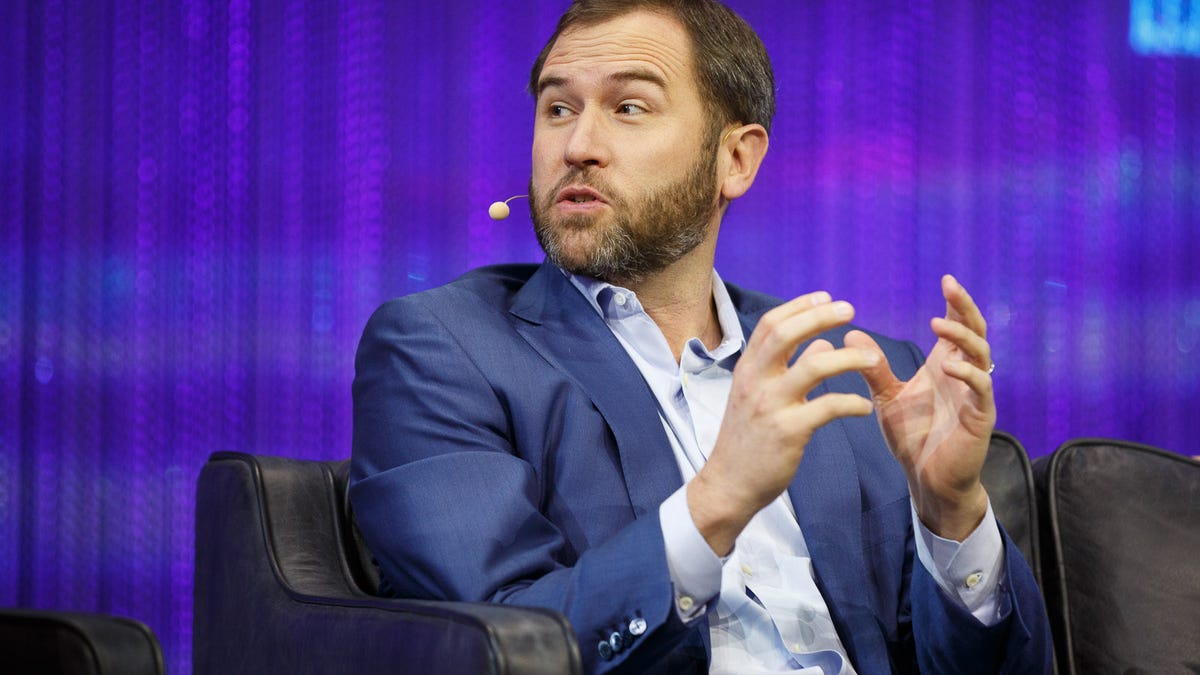Snowden revelations spook Hightail's cloud-computing customers
Brad Garlinghouse, CEO of the collaboration and data-sharing service, says customers' data-security worries slow their purchasing. And Hightail has had to change its own business.

PARIS -- The revelations of former NSA contractor Edward Snowden about governmental spying are gumming up the business of cloud computing.
That's the opinion of Brad Garlinghouse, chief executive of Hightail, whose business is helping companies share and track documents and their employees to collaborate with the aid of cloud-based storage. Doing business now has new complications for customers concerned about government snooping and the protection of their own data.
"The Snowden effect has extended the sales cycle for non-US companies looking at doing business with US companies," he said Wednesday in an interview at the LeWeb conference here. "There are more questions about data security, encryption, and [security] key management."
On top of that, the company has to update its own technology for better security. That's one reason Hightail acquired a company called AdeptCloud that specializes in cloud security matters like encryption key management. "A big part of that was because of what we were hearing from customers," he said. "Snowden has a been driver to decisions we made."
Garlinghouse rose to prominence with his "Peanut Butter Manifesto," a 2006 critique of his employer at the time, Yahoo. He took over YouSendIt in 2012 and renamed it Hightail in 2013 as the company repositioned itself into more than an online storage service that made bulky e-mail attachments more convenient.
Hightail still competes with the likes of Dropbox, Box, and Google Drive, but it emphasizes higher-level services that companies may need -- getting an acknowledgement that a document was received, for example, or making sure that one employee's change to a document doesn't overwrite another's, or protecting documents with passwords, or building in e-signature technology when sign-offs are required.
But Garlinghouse said Hightail is only about halfway through its transformation, and higher-level services are likely in the company's future too.
One idea is better collaboration. Online tools like Microsoft's Office 365 and Google Apps let multiple people work on the same cloud-based document, but many people still use old-school techniques of sending Office files to one another. It's that latter style of work that Hightail hopes to help.
"We haven't gotten a shared, cloud-based document that can be edited dynamically," he said. "We have stuff coming out in the first half of next year we think will help."
Today, e-mail remains the fabric of collaboration. "So how do we enable that to make it more fluid and seamless? It's a challenge," he said. "Version merging, tracking individual events, bringing them back together into a synthesized document is the tricky part."
He indicated that Hightail might draw on others' technology for the technology.
"We are trying to be very partner-friendly," he said.
Another partnership is with Western Digital, the hard drive maker that invested $34 million in Hightail in a deal announced in November.
The companies haven't announced what WD will get out of the deal besides equity, but Garlinghouse indicated that it could involve an expansion beyond mere storage hardware into services. Hightail isn't picky about pushing its brand with partners that might want to offer their own branded version of its service.
Meanwhile, the funding should be the last the company needs to raise.
"We want a clear path to profitability. We're building the business with the expectation of not having to not raise capital again in the capital market," he said.
So how is the company doing? Last year it had revenue of $57 million. In the last two years, its losses were in the single-digit millions of dollars. And Garlinghouse expects profitability to arrive in within two years -- though he makes no promises.
Western Digital's investment will mean the company can push a more expansionist agenda.
"Having a flush bank account is helpful and allows us to be more aggressive," Garlinghouse said. "We've had a very modest go-to-market strategy compared to competitors. We're going to be more aggressive in 2014 in a couple growth initiatives."

